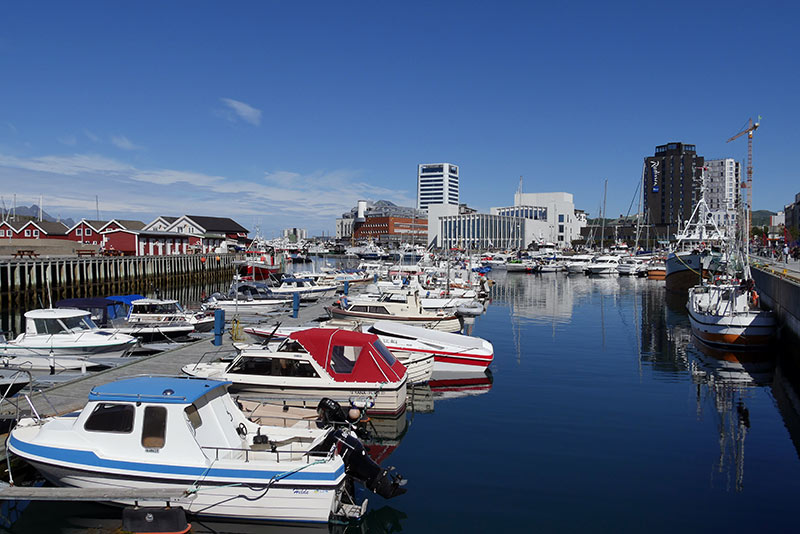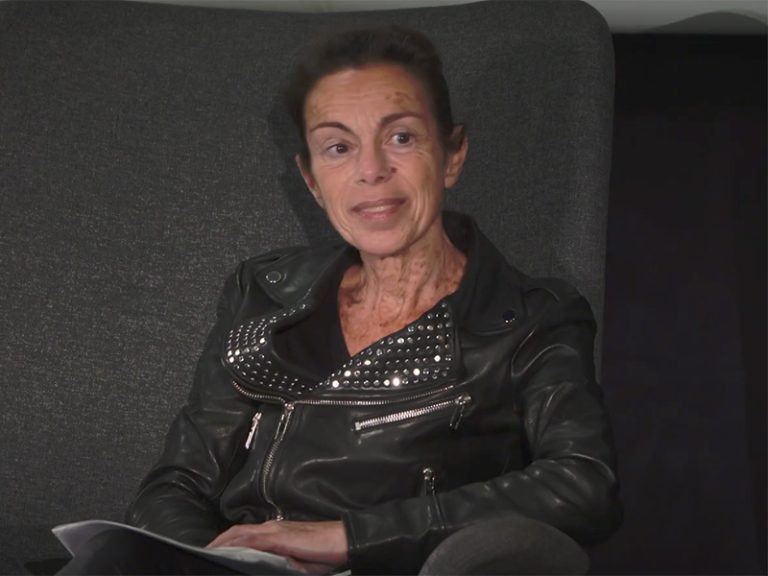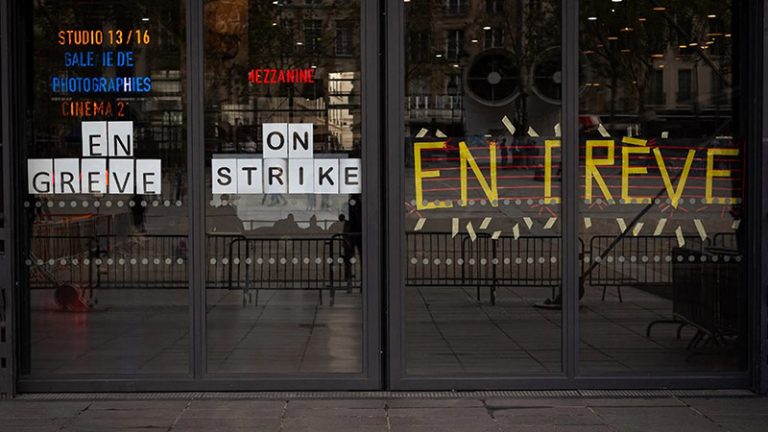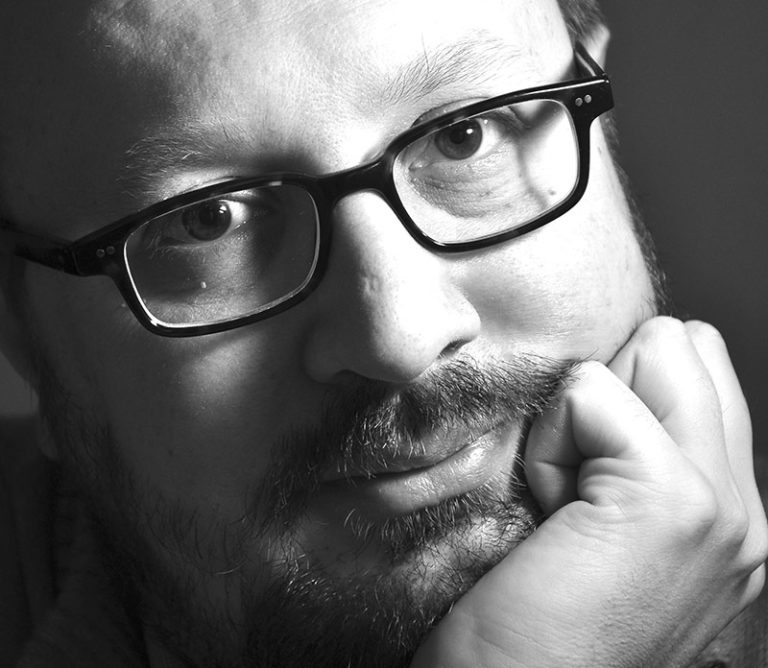After Veszprém (Hungary), Timișoara (Romania) and Eleusis (Greece) in 2023, it is the turn of Estonia, Austria and Norway to host a European capital of culture throughout the year 2024. The cities of Tartu, Bad Ischl and Bodø will thus promote their heritage and their cultural scene through the organization of a series of events.
The city of Tartu (100,000 inhabitants), located in the southeast of Estonia, is considered the cultural and intellectual capital of the country. The second largest city after the capital Tallinn, it is home to Estonia’s most renowned university. For this year marked by culture, the entire region around Tartu, comprising nineteen municipalities, is mobilized. More than 1,000 events are planned for the occasion around the theme of “the art of survival”, thought of as an invitation to build a better future. A profession of faith for this Baltic state which has Russia as a neighbor.
Bad Ischl, a much smaller town (14,000 inhabitants) located in the Salzkammergut region (Upper Austria), is a spa town. Former resort of the Austrian imperial family (1849-1914), Bad Ischl has an exceptional natural heritage, the town being surrounded by mountains, forests and lake. This is the first time that the interior region of the Alps has benefited from the label, which will allow the twenty-three municipalities making up the territory to strengthen their cultural dynamism. The program includes hiking trails punctuated with virtual sculptures, as well as a major music festival for the summer solstice on June 21.
Bodø (52,000 inhabitants), located above the Arctic Circle, is the northernmost town to have obtained the label. Even if it is not part of the European Union, Norway can participate because the selection is also open to countries which have signed the agreement on the European Economic Area (as well as to candidates for entry into the EU). Among the 1,000 events planned in Bodø and across Nordland County in 2024, there are numerous musical performances, festivals, art exhibitions and installations celebrating the beauty of Norway’s landscapes.
The label of “European city of culture” was created in 1984, on the initiative of the two Greek and French Ministers of Culture at the time: Mélina Mercouri and Jack Lang. Fame ” European capital of culture “ in 1999, this designation was awarded for a period of one year to cities which have distinguished themselves by their rich heritage and their cultural commitment on a European scale. Designated four years in advance, the two or three winning cities have funds from the program “Creative Europe”which amount to 20 or 25 million for the more modest capitals, to 100 million for the largest.
In 2028, the city of Bourges will receive the label, alongside České Budějovice in the Czech Republic and Skopje in North Macedonia. It will be the fifth French city to benefit from it.







